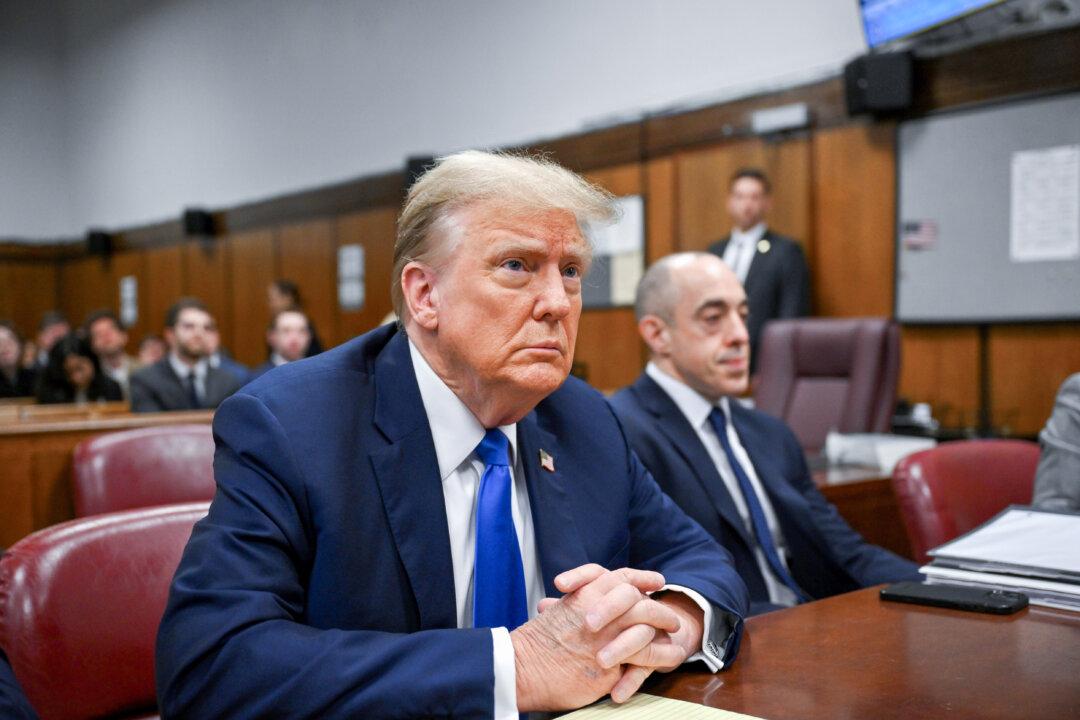Former President Donald Trump and New York Attorney General Letitia James reached an agreement on April 22 regarding his $175 million bond in his New York civil case, imposing additional restrictions while resolving concerns about the funds’ security.
The attorney general argued that Knight Specialty Insurance Company (KSIC) lacked a “certificate of qualification” and that President Trump still had access to the Charles Schwab account pledged to the insurer as collateral.




